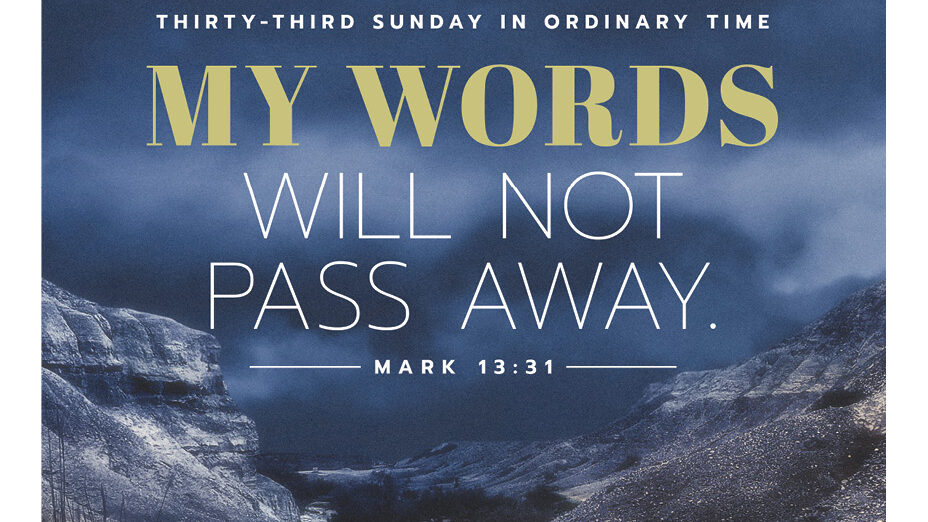November 17, 2024
Dear Parishioners,
The movie Occurrence at Owl Creek Bridge is the story of a man about to be hanged. Enemy
soldiers march him out to a bridge across Owl Creek. They take a board and place it so that half if it rests on the bridge and the other half extends over the edge of the bridge.
Then one of the soldiers stands on the half that rests on the bridge, and the condemned man is made to walk out and stand on the half that extends over the edge of the bridge. Next, the man’s hands and legs are tied, and a rope is dropped from the top of the bridge and put around the man’s neck.
When everything is ready, the commanding officer barks the order. The soldier steps off the
board and the condemned man plunges downward with the rope around his neck.
Then something strange happens. The rope breaks, and the man goes plummeting into the river far below. Down, down into the water he sinks. As he does, he’s aware that he’s alive and struggles to free his hands and feet. Miraculously, he manages to untie himself.
Realizing he has a second chance at life, the man begins to swim down the river. As he does, he passes a tree branch floating in the water. He is struck by the beauty of the leaves on the branch. He marvels at the intricate pattern of veins in the leaves. Then the man sees a spider spinning a web. He is struck by the beauty of the web and the tiny drops of water clinging to it like sparkling diamonds.
He feels the wetness of the water on his body. He looks up and sees the blue sky. Never has the world looked so beautiful to him. Suddenly the soldiers on the bridge begin to fire at the man. He fights his way through a hail of bullets, past a water snake, and over a waterfall.
Finally, he swims ashore totally exhausted. He drops to the sand and rolls over and over. He
looks up and sees a flower. He crawls over to it and smells it. Everything is so beautiful; it’s so great to be alive.
Then a bullet whistles through the trees, and he leaps to his feet and begins to run. He runs and runs until he comes to a house with a white fence around it. The gate swings open mysteriously. The man can’t believe his eyes. He is back home safe. He calls his wife’s name, and she comes running out of the house, arms outstretched to greet him.
Just as they embrace, the camera takes us back to Owl Creek Bridge. This time, we can’t believe our eyes. We see the body of the same man plunge downward with the rope around his neck. Then we see his body swinging back and forth, back and forth. The man is dead.
We are left stunned. All the effort, the running, the second chance were pure make-believe. The man had not escaped after all. He merely imagined that he had in the split second as he fell to his death.
He merely imagined that he had gotten a second chance at life — a life he suddenly saw in a
different way, a life he suddenly saw through new eyes. For the first time, the man saw the world for what it is — a beautiful place. For the first time, the man saw life for what it is— a precious gift to be shared with those we love. How differently the man would have lived his new life if he had really escaped and had really been given a second chance!
Today’s gospel invites us to reflect on the moment when we will meet Jesus at the end of our lives or at the end of the world — whichever comes first. It invites us to ask ourselves: How satisfied will we be at that moment with the quality of our life? Unlike the man in the story, we have a second chance to prepare for that hour — beginning right now.
What will we do with our second chance? Will we sincerely try to make an effort to love, as
Jesus did? Will we sincerely try to make an effort to serve, as Jesus did? This second chance is also the last chance, and it can end any moment.
In the Most Holy Trinity and in solidarity with you all,
Fr. Duc

